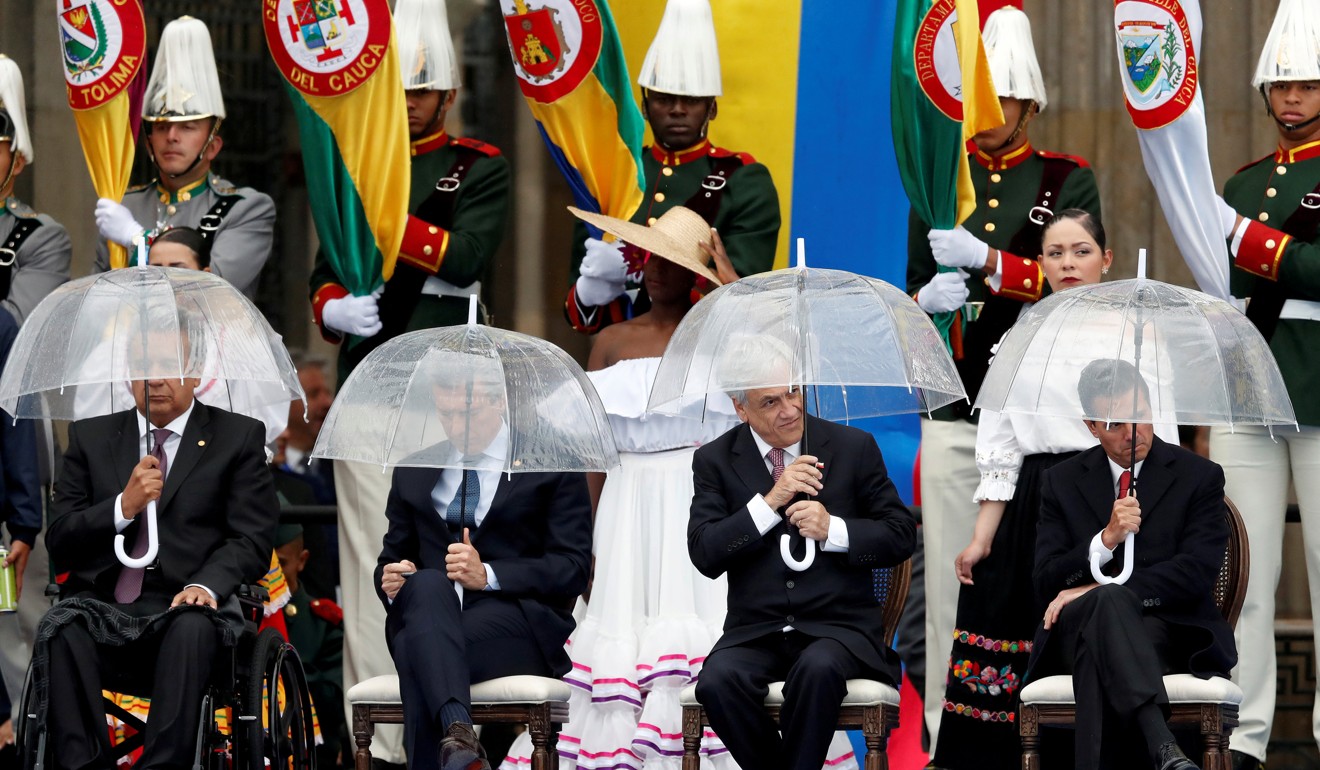
Emerging markets currency crisis is the product of the global liquidity deluge
Anthony Rowley says it is time for an international review of the amount of liquidity flooding the global financial system and the ability of markets, particularly in developing countries, to withstand massive movements of capital
Back in the 1990s, a few years before the Asian financial crisis erupted, I suggested to a senior International Monetary Fund official whom I was interviewing that unrestricted capital flows into emerging markets might not be an altogether good thing. His reply almost took my breath away and I am reminded of it now as we face another possible currency crisis.
It was necessary to expose emerging markets to global capital flows, he suggested, “to test their weak points”. This seemed to me at the time akin to saying that small farms should be connected to massive irrigation pipelines to see whether the ensuing deluge of water would wash them away.
Many countries in Asia duly went ahead and abolished capital controls in line with the neoliberal economic thinking of the “Washington consensus” which also conferred upon emerging markets the mixed blessing of portfolio inflows into and out of their newly established or recently revived stock markets.
Another IMF official cautioned before the 1997 crisis that that idea of “phasing in” capital market liberalisation, in order to test the waters before opening up fully, was not practicable. The denizens of the Washington ivory tower later relented to this view. But, by then, the horse had bolted and many saw little point in closing the stable door.


What is happening now in corporate debt markets, mainly in emerging economies, should be worrying people much more than it is. Why? For one, corporate debt in emerging and developing economies now significantly exceeds levels before the 2008 global financial crisis.
What is important now is to consider the possibility that re-imposition of capital flows may be on the cards in countries where signs of distress emerge
What is important now is to consider the possibility that re-imposition of capital flows may be on the cards in countries where signs of distress emerge – and that open capital regimes need to be re-examined.
Much of this liquidity subsequently flowed to emerging markets to escape derisory yields on financial securities in advanced economies, not least in the US. This process is being reversed now, and with US interest rates rising – and set to rise further – more money will exit emerging markets.
It is surely time for an international review of the size of global liquidity relative to the ability of stock and bond markets around the world – especially those in emerging markets – to absorb massive inflows and outflows without suffering systemic failure at the national or global level.
Asian and other emerging markets have erected some defences against financial crises since 1997, not least by building up foreign exchange reserves and arranging currency swaps at government level. At the corporate level, there is better matching of debt maturity and currency risks. But even these defences could be washed away by the tide of global liquidity.
Whether an administration in the world’s largest economy that is obsessed with “making America great again” by cutting others down to size is capable of leading a global reform initiative is, to say the least, open to question. Maybe only another crisis can precipitate needed reforms.
Anthony Rowley is a veteran journalist specialising in Asian economic and financial affairs

